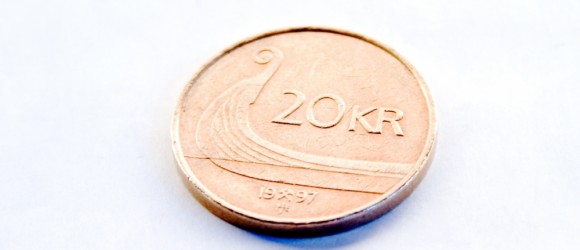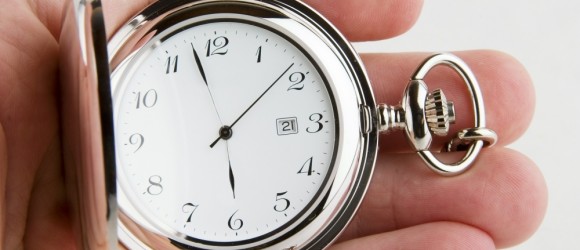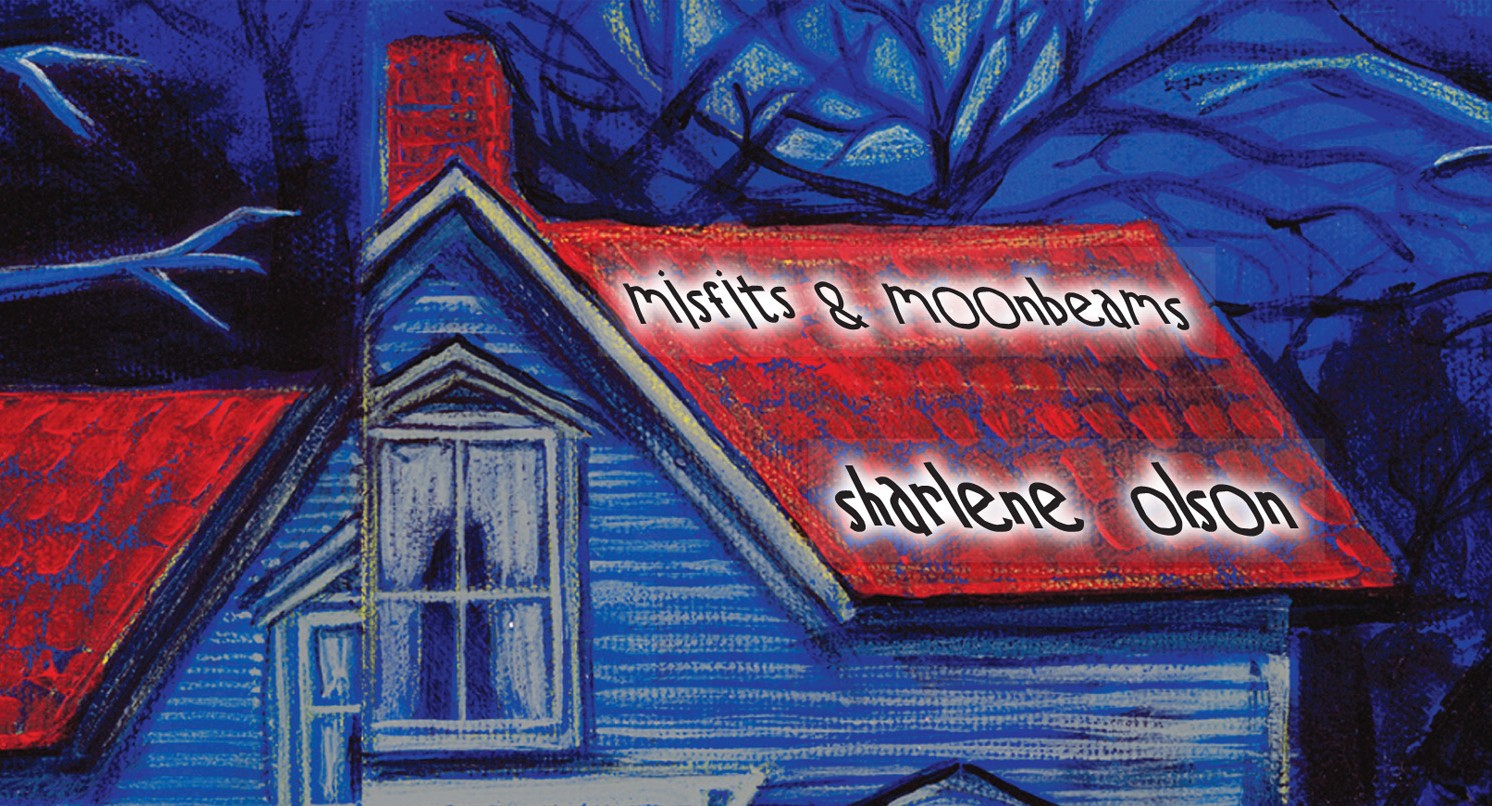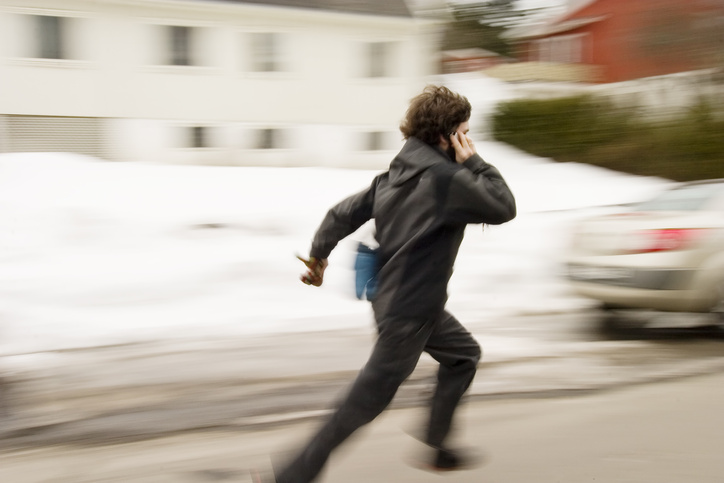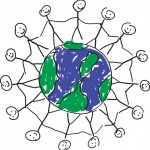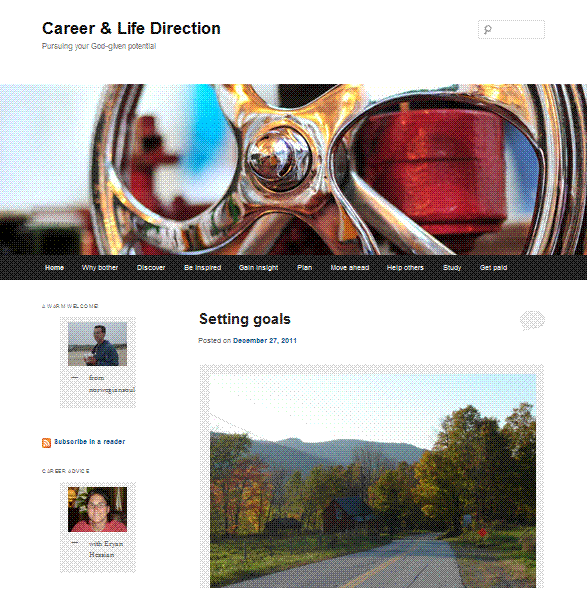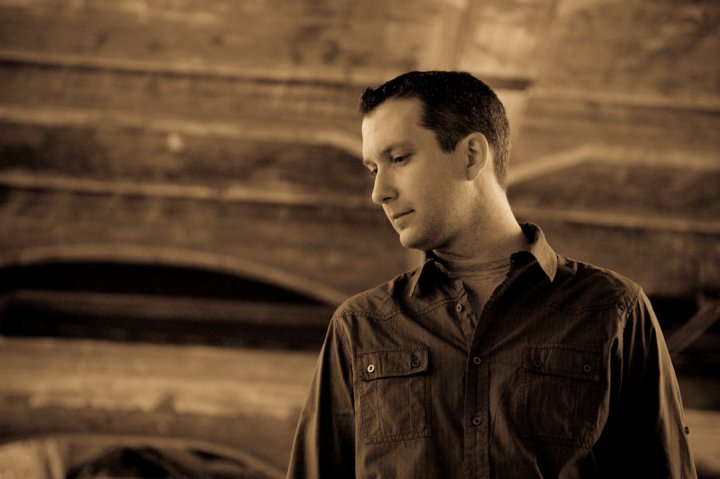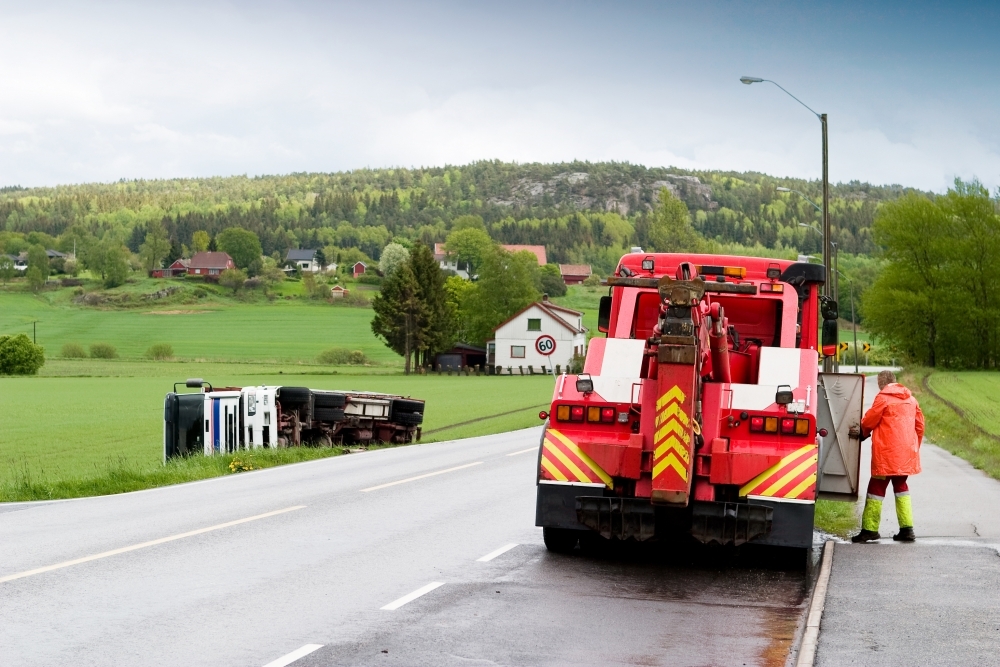Building a new life
- At January 02, 2016
- By Nathan
- In Effective living
 0
0
Adjusting to life in a new country or a new city can be a big challenge. Parachuting so to speak into a new place as an anonymous outsider isn’t always the easiest thing to do. Finding an inviting place to live, physically moving, and then finding your way around are a few initial tasks that require substantial effort. For some, a new language must be quickly acquired. Basic survival conversation skills must be learned. This is huge. For others, a new culture or lifestyle takes some time getting used to. Finding and building healthy relationships in a new place takes even more time. People are similar and yet somehow different, and not always open to outsiders.
Picking up and moving from one place to another may sound exciting, but it is also usually stressful, time consuming, and very expensive. And moving often has a lingering psychological effect. Some days, everything will still feel strange even when somewhat established.
Being the center of attention isn’t advisable long-term but neither is becoming invisible overnight
Some places and situations are nonetheless clearly much more difficult than others. But realistically, there will be numerous struggles and obstacles to face throughout 2016 – wherever you happen to live. And so, it would be best for everyone to just plan on that.
Moving to a large urban center, particularly at this time in world history, continues to involve significant challenges. Sitting at our kitchen table, the conversation recently turned towards this timely topic; the consensus being that it was evidently much easier to feel significant or valuable in a smaller and more familiar setting. Whereas in a large city, or a new and culturally distant setting, there is a greater chance of getting lost in all of the activity and feeling insignificant as busy people all around go about their daily lives. There are dangers or extremes on every side. Being the center of attention isn’t advisable long-term but neither is becoming invisible overnight.
In a bustling metropolis there is often a loss of community and a lack of meaningful connection with other people, especially for newcomers. It would be odd not to be noticed or acknowledged in a small village or established community setting. But the situation is often just the opposite in a big city. People pass each other by on the street all the time. This common observation and contrast suggests that transitioning from a healthy, small community to a large and anonymous metropolitan center puts people at risk of being potentially exposed to a type of emotional propaganda. This can happen at the best of times.
The problem, while on the cheerful topic of endless problems, is that we are not living in the best of times. At the risk of sounding dire and grandiose, here is my take on the present situation in the somewhat civilized Western world: As a block or a global group, it is getting to the point where we could soon collectively lack a compelling intellectual framework to build and sustain a healthy society as well as individual lives. Colin Gunton’s old book The One, the Three and the Many comes to mind. Whether or not you agree with this assessment, feeling like your life is insignificant and suspecting that this internal sense is also accurate makes trying to live and relate in a positive way anywhere 10,000 times worse.
So there you have it. Modern mobility, ever-expanding cities, and a confused intelligentsia allegedly represents three parts of a global movement that can quickly drain a core sense of meaning, significance, purpose and personal dignity from our lives. That is, if we let it.
Cities have been around for a long time. This mid-morning discussion wasn’t focused so much on any particular city but rather on modern cities in general – that is, gatherings of large groups of assorted people packed together in close proximity. Whether it’s Frankfurt or Tokyo, Montreal or L.A., people have a mysterious habit of congregating in the same place and on the same relatively small plot of land. This practice may not change any time soon.
Of course instability and less-than-ideal philosophies are nothing new either. How people choose to respond when faced with all three mixed together is what remains to be seen.
© Career & Life Direction 2016. All rights reserved.
Money in my pocket
- At February 10, 2014
- By Nathan
- In Effective living
 0
0
Money talks. The other day, the money in my pocket spoke up and made me feel important. It said how exceedingly special I was in its presence – or so I thought. Reaching deep down, I grasped hold of a fair amount of cash and coins; a little more than usually was there. Rubbing it between my fingers made me feel good. Somehow, I felt more significant than a moment before.
Suddenly…my life mattered.
How valuable is one plain old person without any money in their pocket? What would most people honestly prefer, ten good friends who are poor or $10,000? Wouldn’t most of us take the money and run? After all, more cash on hand does make a difference. And friends with obvious needs can be inconvenient. Prosperity usually makes a person more popular. So it goes.
Money is like a magnet: People are drawn to it.
Don’t we often feel more important around money? But does money feel important being around us? If we all presented ourselves to a huge pile of cash, would this mound of paper mixed with plastic feel (if it actually could feel) more valuable than before? Probably not. Money is obviously worth something; it symbolizes value. Money doesn’t need anyone to feel important. Or so it seems.
But we humans are always searching for something more significant – a car, a career, a popular person, a place, an accomplishment, etc. – to stand beside. This common and sometimes desperate quest for personal value is based upon significance by association; yes, this appears to be how the system works. Most of us must feel that we are lacking in value on our own. How else can we explain all the jockeying for position that goes on down here?
For that matter, how else can I explain what goes on in my own head?
Recently I returned from traveling to Vancouver. It was an enjoyable trip for a variety of reasons. This journey involved taking a bus, flying on a couple of planes, riding the Skytrain in metro Vancouver, taking a taxi and driving my old Toyota. But how does this west coast adventure relate to the significance by association game?
For starters, Vancouver arguably has more status as a city in Canada than most. Vancouver has the ocean, the mountains, fertile land, rugged beauty, a mild climate, and quite a few fancy people with loads of stuff; the Lower Mainland in British Columbia is a very prosperous place. So it felt good to say where I was going.
And guess which means of transportation provided a little lift in the personal value department along the way? That is, until I regained my sense of sanity. Any ideas? It wasn’t the common taxi or the lowly bus or even that ancient import. No, important people fly or travel in style. Don’t you know. Perhaps if I had flown in on a private jet and hopped on a high-speed Skytrain that would have really been impressive.
What was I thinking?
Not that there is anything essentially wrong with this overall technique or approach. The madness has more to do with what or who we choose to associate ourselves with in order to feel important. Hand a young person an Olympic gold metal over in Sochi, and what has really changed in terms of the core worth of this person? Not much. Having a heavy hunk of bullion may signify speed or strength or victory…but so what? Since when does moving really fast or being the best prove that your life matters?
Core worth must be acquired by way of an association or relationship with something or someone else. But what or who?
Here is a provocative statement to ponder: In one sense, human life does not have intrinsic value. To make it more personal, this means that my life isn’t that important all by itself. Neither is yours. And yes, this implies that being a part of humanity – and being associated with all those grand accomplishments over the years – counts for nothing. After all, how could a relationship with lots of people who lack intrinsic value make your life or mine more valuable?
Ultimately, core meaning and value and purpose and worth is found in relationship to God. Deny this, and secondary things suddenly become way too important.
More money in my pocket doesn’t actually make me more important as a person. Life doesn’t work that way. Each one of us is worth much more than any amount of cash.
© Career & Life Direction 2014. All rights reserved.
Hockey, hockey, hockey
- At January 26, 2013
- By Nathan
- In Career & Life Planning
 0
0
How can you tell when a positive part of your life has become a distraction? Don’t expect a warning bell to go off or wait to hear a buzzer. It isn’t always easy to know.
For example, if you enjoy following the National Hockey League, how much time spent watching hockey would you say is too much? Four hours per week? Ten hours a week? Twenty? At what point has it gone too far?
Feel free to substitute another sport or hobby here if you like. Whether it is soccer or football or surfing the Internet, try to identify what could prevent you from living a life that is much more significant. Reading the news, trying to stay up on what is going on in the world, probably consumes too much of my time. What holds your attention?
How do you decide when an interest like hockey has become too important?
Five team jerseys in the closet, two jackets, three hats, four cups, six posters, and two massive team flags flying from each vehicle you own might be a clue. Naming all of your kids “Wayne” after the great Wayne Gretzky could be another. Hosting a hockey night in your home every other night of the week would also be cause for concern. There are likely also many early warning signs that indicate a problem.
There is, of course, nothing wrong with having a little fun and cheering on your favorite team. But how much time and energy and enthusiasm is too much? Where do you draw the line? And what will you miss out on if you don’t?
Fanatical enthusiasm is often worn like a badge of honour when it comes to sports. Few people would declare, “Watching ping-pong is my life purpose!” But in Canada, watching grown men whack a puck back and forth – and beat each other up in the process – comes close.
Given that the bickering between the billionaires and the millionaires has recently come to an end, this is admittedly an odd time to be posing this question. The lockout has finally ended after months of negotiations. For many, this is a great relief. Thankfully, the conflict is over. When it seemed like it would be game over for the entire season, it is now game on.
After such a long break, Sidney Crosby and Alexander Ovechkin are likely trying to remember how to lace up their skates. Okay, maybe not.
It almost sounds unpatriotic to say that I have enjoyed the break from our so-called national pastime. But it’s true. For hockey, among other things, has a way of barging in and demanding enormous amounts of time and attention. More and more and more attention seems to be required. It is never enough. What started out as a fun and friendly game to play on the pond in the winter has turned into a campaign to control your life. When the hockey-cult mindset kicks in things get a little crazy.
“Kill them!!!” That’s what the mother of one of the guys on my team use to yell from the stands. As I recall, we were losing in the first round of the provincial playoffs. And she didn’t seem to care much for the young kids on the other team.
Do you want to wake up one morning in a seniors home (that is, if you live to reach old age) and realize that you had been compulsively committed to secondary and second-rate life goals? One day, perhaps during a break from playing bingo, a small visitor is bound to ask, “So what is the most important thing that you did with your life, Grandpa?” What will you say? Are you going to talk about all the games you have watched and played?
A clock sits on the desk to my right ticking steadily; a reminder that your time on this earth is limited as is mine.
© Career & Life Direction 2013. All rights reserved.

